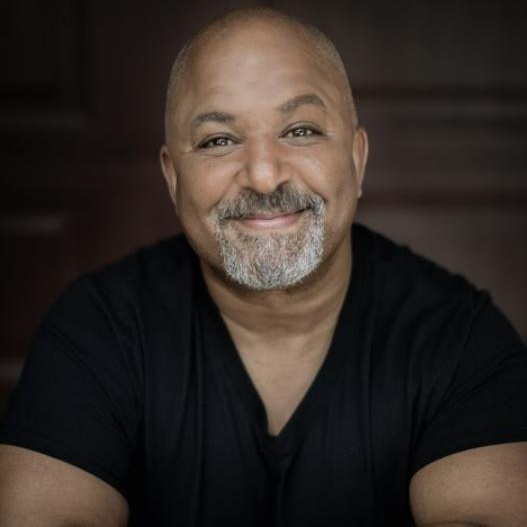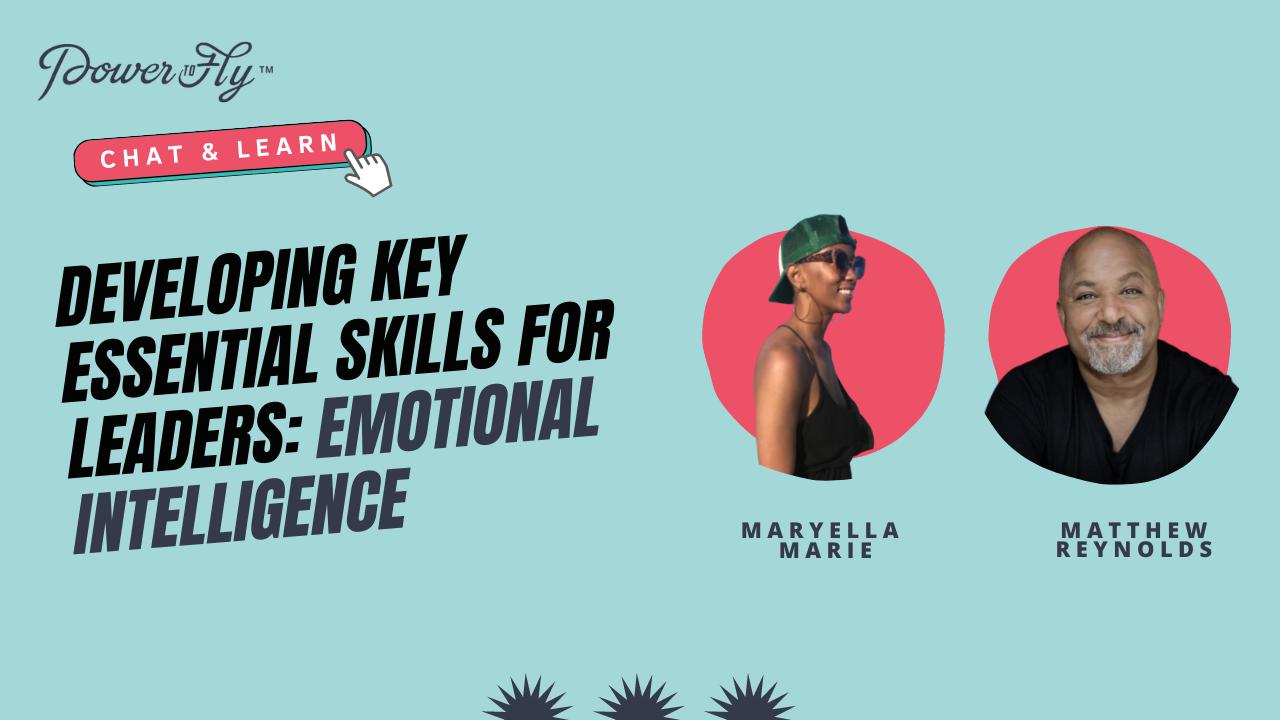





To watch this video, please provide the information below
There’s a reason 75% of Fortune 500 companies use emotional intelligence training. The benefits of developing our EQ as leaders are immeasurable: 90% of top performers have above-average emotional intelligence, and emotional Intelligence is responsible for 58% of job performance. As a...
There’s a reason 75% of Fortune 500 companies use emotional intelligence training. The benefits of developing our EQ as leaders are immeasurable: 90% of top performers have above-average emotional intelligence, and emotional Intelligence is responsible for 58% of job performance. As a business leader, having a strong EQ can help you communicate authentically and reach goals in a holistic way.
By adopting a healthy emotional intelligence practice in the workplace and including that in our best practices and business strategies, we can stick to our DEIB goals and build more resilient, more successful, and more human work cultures.
During this workshop — Part 1 in a 3-part series dedicated to emotional intelligence — you will learn why building the skills of inquiry, empathy, and reflection into your thought patterns, emotions, and everyday behavior at work will greatly enhance your ability to lead.
Key takeaways:
In this chat, you’ll learn

Maryella Marie [she/they] is a liberation facilitator, multimedia producer, & Master of Ceremony who has spent over a decade working with diverse technologists, independent artists, and divergent innovators across the globe to deepen their audiences’ emotional intelligence.
You can find her work and offerings on Grow Dialogue and The Positive Force Team where she curates and produces multimedia projects centered around emotional intelligence, belonging, and creative leadership; as well as facilitates collaborations between artists and organizations in the Americas in order to build bridges and inspire positive social impact.

Matthew Reynolds has over 35 years of experience as a performer and instructor in the Theater Arts and Dance. Matthew helped create the Crater Renaissance Academy of Arts and Sciences in Southern Oregon right out of his Masters of Arts Teaching program.
He spent 12 years in the classroom where he built equity in his program, with his students, guided by the mission of "Creating Community through the Arts." Matthew now finds himself advocating for equity within the arts and education spaces. He has recently published his first book, BIGGEST FULLEST BRIGHTEST- shifting the consciousness of humanity.
He looks forward to helping others craft their equity lens so that they may live their biggest, fullest, and brightest lives.